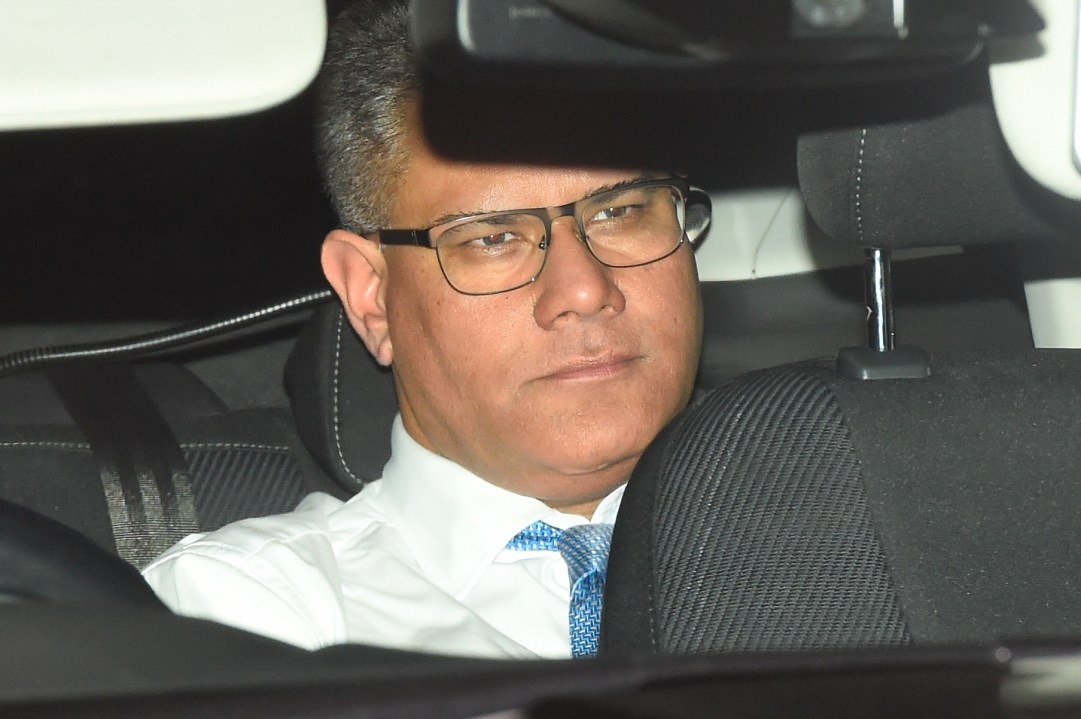The ‘party elite’ narrative has resurfaced this morning, after the Daily Mail splashed its findings that COP26 president Alok Sharma has travelled to a grand total of 30 countries over the past seven months, skipping quarantine upon return.
Sharma is under pressure on two counts: first, that as the cabinet minister responsible for the United Nations Climate Change Conference held in Scotland this November, his example of plane-hopping between nations doesn’t quite gel with the government’s message of reducing carbon emissions. But it’s the Covid element that really sticks. Thanks to loopholes in the legislation, ministers are exempt from quarantine measures when they arrive back in the UK. This includes returning from red list countries (Sharma is estimated to have visited six). While your average traveller has been forking out £1,750 for a government-sanctioned hotel quarantine — going up to £2,285 next month — Sharma returned a free man and reportedly met up with Prince Charles just one day after returning from red-listed Bangladesh.
It’s the Covid divide that characterised the winter lockdown: one rule for the party elite, another rule for everyone else
The Spectator has been keeping tabs on such occurrences for months now. It’s the Covid divide that characterised the winter lockdown: one rule for the party elite, another rule for everyone else. Ministers aren’t explicitly breaking the rules; rather, they know where to seek out exemptions and special schemes.
It seemed strange to spot Sharma back in March visiting France (and Kenya, and Costa Rica) prepping for the government’s green centrepiece, just as Brits back at home were looking forward to being able to sit together in twos on a park bench. There are plenty of reasons why a cabinet minister might need to travel abroad, even in lockdown — for national security reasons, for example. But given that COP26 is taking place in Glasgow, not Paris, the images from Sharma’s in-person meetings in lovely Parisian suites seemed rather jarring.
A video conference, it seems, didn’t seem to appeal to the COP26 president on those occasions and dozens more. Understandably so. Life just works better when people can meet in person. This has been the attitude of a range of foreign and trade ministers as well, who were tasting olive oil in Tunisia and touring museums in Turkey while restrictions remained in place at home.
Many of those restrictions have been lifted now, but travel remains one of the biggest hurdles — except for ministers. It’s not hard to find examples of politicians living the high life over the past seven months. They share photos of their spectacular trips on social media — the kind that for many would be a once-in-a-lifetime experience. The disconnect is all too real. There is a deep lack of awareness that for their followers, these opportunities have been off limits (and indeed illegal) for the majority of the year.
Holidaymakers in Mexico — scrambling to get back before the country goes red on Sunday morning — are unlikely to take kindly to the Mail front page this morning. It’s yet another reminder that the lifestyles of ministers were not, and are still not, subject to the same rules as everyone else.








Comments